Understanding Wirewound Fuse Resistors
Wirewound fuse resistors are specialized components that play a dual role in electronic circuits: they serve as precise resistors and act as safety devices. These components are meticulously designed to offer resistance to the flow of current while also being capable of acting as a fuse when necessary. This unique combination makes them an essential part of various electronic applications.
Types and Construction
The construction of wirewound fuse resistors involves coiling a wire, typically made from a resistive alloy, around a non-conductive core. This wire is then protected by an outer casing. There are several types, including precision wirewound resistors, power wirewound resistors, and flameproof wirewound resistors. Each type is tailored to meet specific requirements in electronic circuits, ranging from high precision to high power applications.
Applications and Features
The applications of wirewound fuse resistors are diverse, encompassing sectors from automotive to industrial electronics. They are particularly valued for their reliability and precision in control systems, power supplies, and safety devices. Key features of these resistors include their ability to withstand high temperatures, durability, and a wide resistance range. The thermal fuse resistor variant is specifically designed to open the circuit at a predetermined temperature, adding an extra layer of protection.
Materials and Advantages
The materials used in wirewound fuse resistors are chosen for their stability and conductive properties. Common materials include copper-nickel alloys and nickel-chrome alloys, which are known for their consistent performance. The advantages of using these resistors are numerous, including their robustness, precision, and long-term reliability. Additionally, the ceramic wirewound resistor offers excellent heat dissipation, making it suitable for high-power applications.
Selection Considerations
When selecting a wirewound fuse resistor, it is crucial to consider factors such as the required resistance value, power rating, and the operating environment. It is also important to understand the specific features, such as the coefficient of resistance and the fuse's operating temperature, to ensure the resistor will function as intended in the application.
Environmental and Safety Standards
Wirewound fuse resistors are designed to meet various environmental and safety standards. These standards ensure that the resistors can operate effectively under different conditions and do not compromise the safety of the device they are installed in. Compliance with standards such as RoHS and REACH is common among these components, reflecting a commitment to environmental responsibility and user safety.
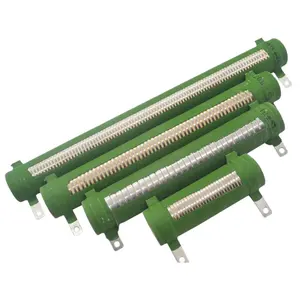





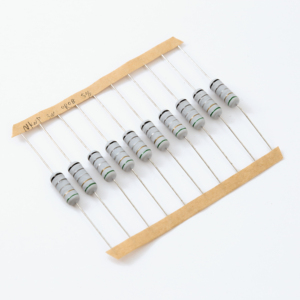
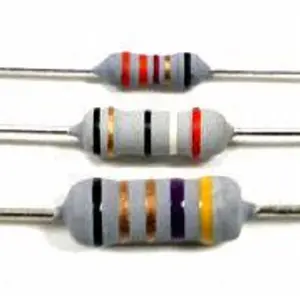

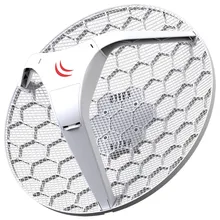

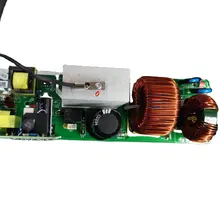




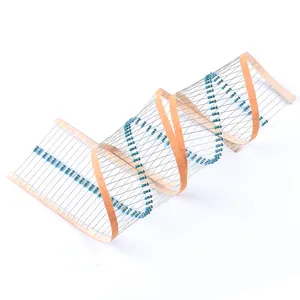
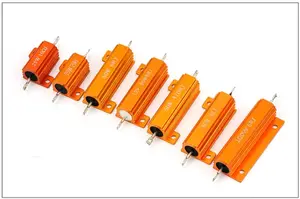
























 浙公网安备 33010002000092号
浙公网安备 33010002000092号 浙B2-20120091-4
浙B2-20120091-4